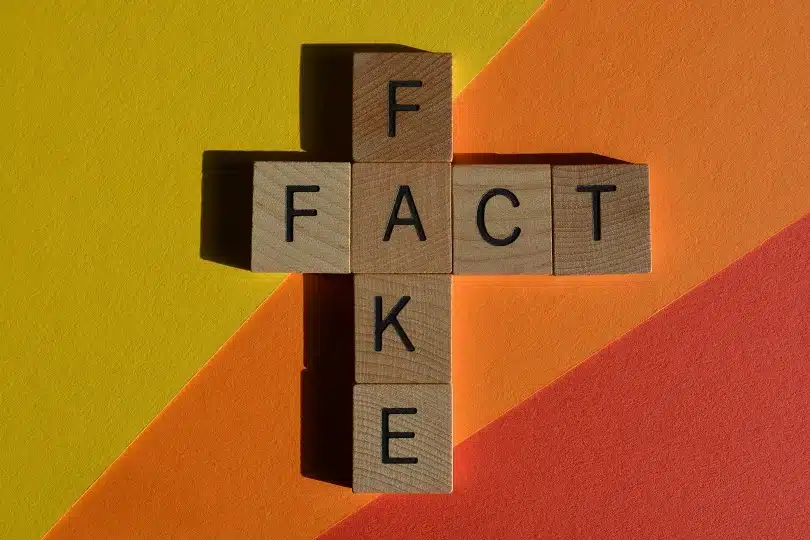As we grapple with the tsunami of misinformation, the truth must prevail. We need systems in place to ensure that every piece of information published on public platforms undergo critical fact check evaluation.
We are living in a world where information travels faster than the speed of light. Medical miracles take place every day, especially on social media platforms. Not that the newspapers and traditional media channels can resist stories of home remedies for COVID-19, cancers cured by alternative medicine, and the whole gamut of diseases that are treated miraculously!
Fact-checking can save many lives. Yet few of us are aware of even the basics of this fundamental exercise to fight medical misinformation and fake news. As a medical doctor, deeply interested in fact-checking, here are a few observations that I’ve made:
Media articles tend to ignore factual details to create deceptive headlines. Often when articles quote studies or research, they fail to mention that the information is based on trials in mice and not human beings. This can be very misleading. We need scientific literacy and professional honesty to address this problem.
Fake news spreads like wildfire and has catastrophic effects. People easily believe everything they read on Facebook or WhatsApp, without bothering to check the credibility of the information. In many cases, misleading/false posts have led to serious consequences – more so, in the medical context where false hope can lead to delays in getting timely treatment.
Today, social media has grown more powerful than any government or authority and is often used in marketing campaigns. It’s a deadly weapon that must be used with care. There are growing instances of fake news being used to push political agenda, thereby influencing public opinion. People need to be aware that false claims or fake news can take innocent lives, create mistrust, harm reputations, and have legal repercussions too.
When companies with vast resources fail to verify the information they share, it is a telling example of how the lines between fact and fiction are fast blurring. We need systems in place to ensure that every piece of information published on a public platform undergoes critical fact check evaluation before publication.
The solution to the medical misinformation challenge, perhaps, lies in the systemic analysis that empowers readers to directly ask experts to verify claims. Consensus scoring (based on expert responses) can help people make better decisions – on the way they live as well as engage with information on a daily basis. In the era of COVID-19, as we grapple with the tsunami of misinformation, the truth must prevail.
(The author is a consultant physician at Divine Life Hospital and Managing Director at Medicaid Healthcare LLP in Kutch, India. He is also a member of First Check.)


















Add Comment